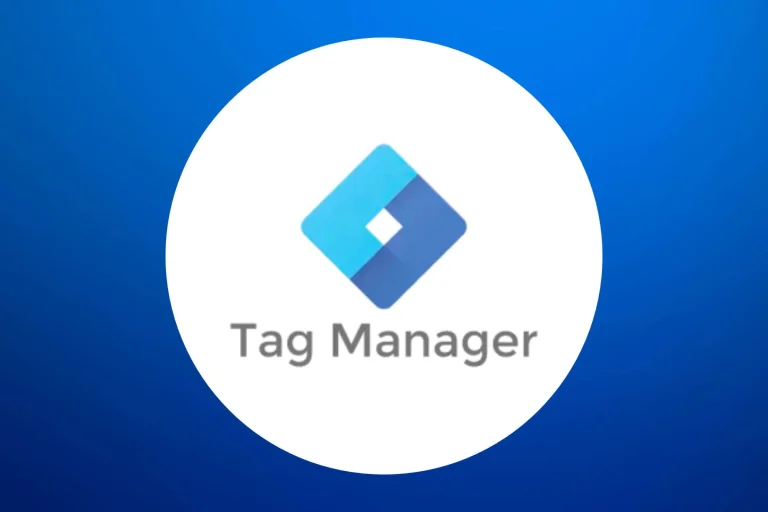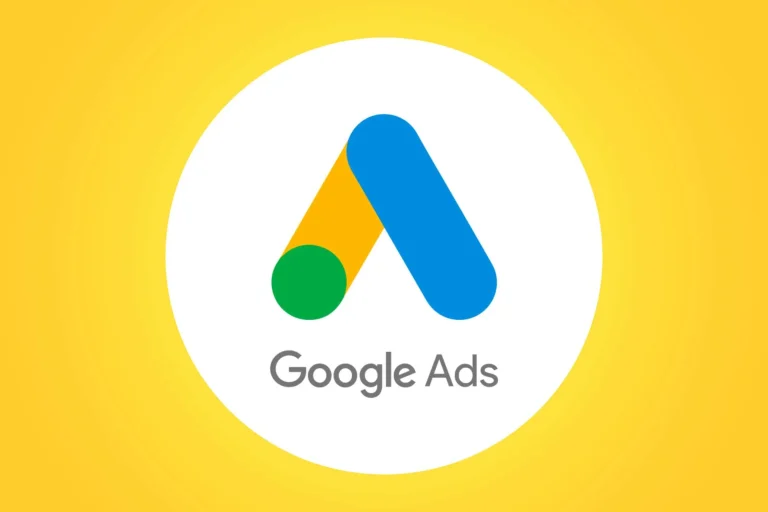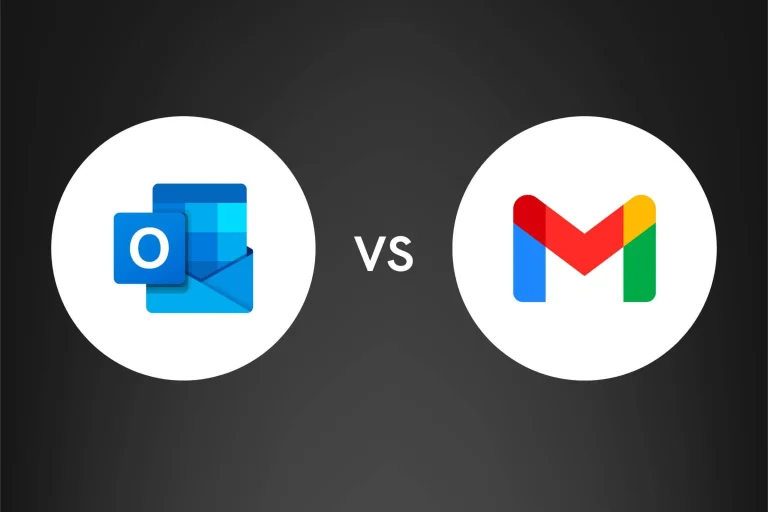Are you looking to get your website noticed by search engine algorithms? Search Engine Optimisation (SEO) is the key to getting your content seen, and this article provides a beginner’s guide to understanding all the fundamentals of SEO. From keyword research to link building, we’ll provide an overview of SEO and how it can help your website be more visible on the web.
What is SEO?
Search Engine Optimisation, or “SEO” for short, improves your website’s visibility and organic search results in Google and other major search engines. It is a long-term marketing strategy that involves making your site more user-friendly and relevant to search engine algorithms.
SEO can be divided into two main categories: on-page SEO and off-page SEO. On-page SEO refers to optimising your website’s content and design, while off-page SEO focuses on building backlinks and improving your site’s authority.
On-page and off-page SEO are important for driving traffic to your website and improving your search engine rankings. However, it is important to note that SEO is not a quick fix; it takes time and effort to see results. But, if you’re willing to do the work, optimising your website for search engines can be a highly effective way to grow your business.
Why is SEO Important?
As the world of digital marketing has continued to evolve, the importance of SEO has only grown. Search engine optimisation is now an essential part of any digital marketing strategy, and if you’re not already incorporating it into your website and content, you’re missing out on a lot of potential traffic and customers.
Why is this important? Because ranking higher in SERPs means more visibility for your business, which can lead to more traffic and, ultimately, more customers.
Improves Your Visibility
One of the most important benefits of SEO is that it helps improve your website’s visibility. Most people will only click on the first few results on SERPs, so if you want more people to visit your site, you need to make sure that it appears as close to the top of these results as possible. This means optimising your content with keywords and phrases related to your business so that search engines recognise and prioritise your website when people type in related queries.
Increases Traffic
SEO also helps boost traffic to your website by improving its ranking on SERPs. People are more likely to visit a website that appears in the top spots of their searches than one lower down on the list. Appearing high up in SERP rankings also gives potential customers an impression of authority and trustworthiness—which can be invaluable for small businesses trying to establish themselves in competitive markets.
Generates Leads
Finally, SEO can help generate leads by driving more qualified traffic to your website. When someone types in a query related to what you offer, they are already interested in what you have to offer—so if they come across your page near the top of SERPs, they are much more likely to convert into paying customers than those who just happen across it randomly while browsing the web. Furthermore, if you optimise each page on your website separately with keywords relevant to each offering (i.e., products or services), potential customers will be even better directed towards exactly what they are looking for—increasing conversion rates further still!
SEO is important because it can help you get more visibility and traffic, which can, in turn, lead to more customers. So, if you’re not already doing it, now’s the time to start!
Keyword Research
You need to do keyword research if you want your website to appear in search engine results when people search for relevant keywords. Keyword research helps you determine which keywords to target in your SEO efforts.
There are many different methods you can use to do keyword research. For example, one popular method is to use a keyword research tool like Google AdWords Keyword Planner or Moz Keyword Explorer. These tools allow you to enter a seed keyword and get back a list of related keywords.
Once you have a list of keywords, you need to analyse the competition for each keyword. You can do this by doing a Google search for each keyword and looking at the results. The websites that rank highest for each keyword are your competitors.
Analysis of your competition will help you determine which keywords are most likely to be successful for your website. After your research, you can start optimising your website for the chosen keywords.
On-Page Optimisation
To optimise your website for search engines, there are a few key things you need to do. First, you must ensure that your website’s content is keyword-rich. This means including your chosen keywords in your website’s title, headings, and throughout the body of your content.
Second, you need to ensure that your website is well-structured and easy for search engines to crawl. This means using a simple, clean URL structure and creating easy-to-understand navigation.
Finally, you must ensure that your website is mobile-friendly and responsive. This means ensuring that your website can be easily accessed and viewed on all devices, including mobile phones and tablets. By following these simple on-page optimisation tips, you can help improve your website’s visibility and ranking in search engine results in pages.
Off-Page Optimisation
Off-page optimisation is about improving your website’s visibility in search engines. However, there are some ways to do this, but the most important thing is to get high-quality backlinks from other websites.
The best way to get backlinks is to create great content that other people will want to link to. This could be an informative blog post, infographic, or video. Once you have created something worth linking to, reach out to other websites and let them know about it. If they like what they see, they will likely link to it from their website.
Another great way to get backlinks is through social media. If you create share-worthy content, people will share it on their social media channels, which will also help improve your website’s visibility in search engines.
There are many other off-page optimisation techniques that you can use, but these are two of the most effective ways to improve your website’s ranking in search engines. If you want to learn more about SEO and optimising your website, check out our beginner’s guide to SEO.
Link Building Strategies
Link building is one of the most important aspects of SEO. You can increase your website’s visibility and organic search traffic by building high-quality links. There are many link-building strategies, and choosing the ones that are right for your website is important.
One popular link-building strategy is guest blogging. This involves writing blog posts for other websites in your industry or niche. Guest blogging is a great way to build relationships with other website owners and get your name out there.
Another strategy is creating helpful resources that other website owners want to link to. This could be an informative article, a helpful tool, or even a well-designed infographic. If you create something truly valuable, other website owners will be happy to link to it.
There are many other link-building strategies, and it’s important to experiment and find the ones that work best for your website. Link building is ongoing, so keep going even if you don’t see results overnight. So keep at it, and you’ll eventually see the fruits of your labour!
Technical SEO
Technical SEO refers to optimising a website to improve its search engine ranking. The main aim of technical SEO is to improve the visibility and accessibility of a website so that it can be easily found and indexed by search engines. Many factors need to be considered to optimise a website for search engines, including:
- The structure of the website and its code
- The use of keywords and other metadata
- The speed and performance of the website
- The mobile-friendliness of the website
These factors affect how easily search engines find, index, and rank a website. By improving these aspects of your site, you can boost your chances of getting higher up in search engine results pages (SERPs).
Monitoring and Analysing Results
Monitoring and analysing your results is key to understanding whether or not your SEO efforts are paying off. There are many ways to track your progress, including monitoring your website’s traffic and Rankings in search engines.
If you see an increase in traffic and Rankings, it’s a good indication that your SEO campaign is working. However, it’s important to remember that it takes time for results to appear in search engines. It can take weeks or even months for new content to be indexed and for Rankings to change. So, don’t get discouraged if you don’t see immediate results. Just keep at it and monitor your progress over time.
Alternatives to SEO
There are many ways to optimise your website for search engines, but SEO is just one of them. Here are some alternatives to SEO that you may want to consider:
- Social Media Marketing: Social media platforms like Facebook, Twitter, and LinkedIn can drive traffic to your website. By creating engaging content and sharing it with your followers, you can encourage them to visit your site.
- Pay-Per-Click Advertising: PPC ads are a great way to get your website in front of potential customers who are already searching for your offer. With PPC, you only pay when someone clicks on your ad, making it a very cost-effective way to market your business.
- Content Marketing: Content is still king for getting found online. Creating high-quality, informative content can attract visitors to your website and build trust with potential customers.
- Email Marketing: Email is a great way to stay in touch with current and potential customers. You can repeatedly keep people returning to your site by sending out regular newsletters or special offers.
- Local Listings: If you’re targeting local customers, ensure your business is listed in all the relevant online directories. This will help people find you when they’re searching for businesses like yours in their area.
How search engines work
Search engines are designed to help people find the information they need on the Internet. For example, when you use a search engine, you type in a keyword or phrase, and the search engine displays a list of websites related to your search.
The search engine’s algorithms determine the order in which the websites are displayed. These algorithms consider factors such as the website’s content, its popularity, and how many other websites link to it. The goal of the algorithms is to provide the best possible results for the person who is searching.
To ensure that your website appears in the search results, you need to optimise it for search engines. This process is known as “search engine optimisation” (SEO). There are many different techniques that you can use to optimise your website, but some of the most important ones include the following:
- Creating high-quality content that contains relevant keywords
- Building links from other websites
- Making sure your website’s code is clean and well-organised
If you follow these SEO tips, your website will likely appear near the top of the search results, resulting in more traffic.
Conclusion
We’ve gone over the basics of SEO and how to use it to optimise your website for search engine rankings. If you take the time to master these techniques, your website will likely rank in Google’s top results. Don’t be discouraged if you don’t see immediate success; SEO is an ongoing process that requires patience and dedication. With enough research and practice, anyone can become an expert at optimising their website for search engines!
















